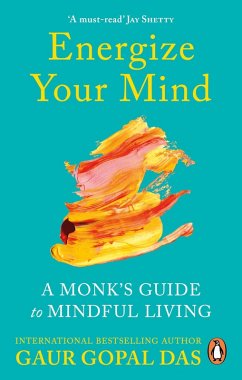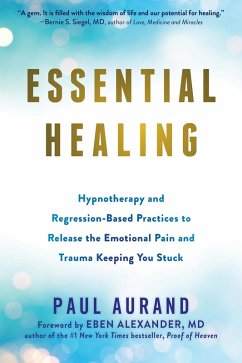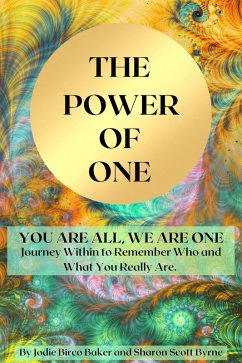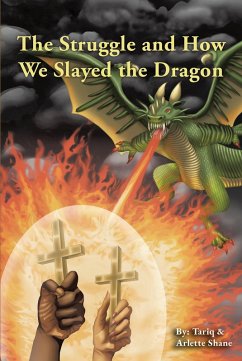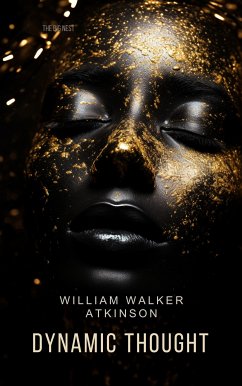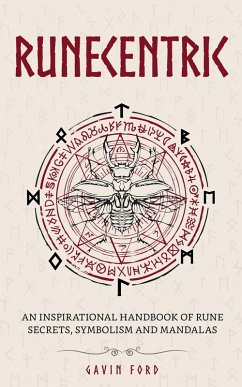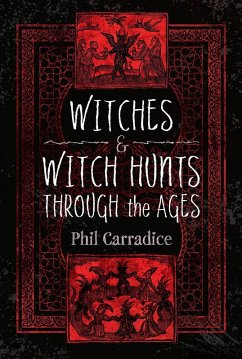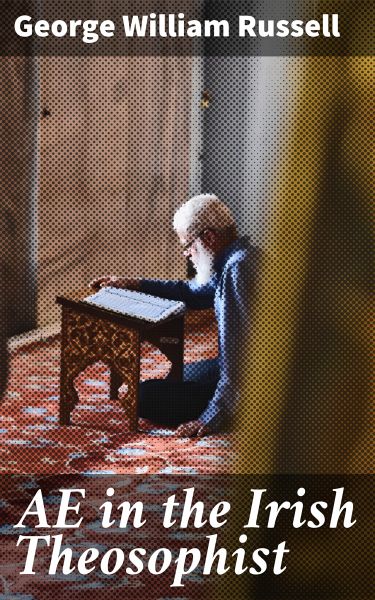
AE in the Irish Theosophist (eBook, ePUB)
Exploring Irish Nationalism and Theosophy through AE's Reflective Essays
Versandkostenfrei!
Sofort per Download lieferbar
0,49 €
inkl. MwSt.
Weitere Ausgaben:

PAYBACK Punkte
0 °P sammeln!
In "AE in the Irish Theosophist," George William Russell, writing under the pseudonym AE, delves into the intricate relationship between Irish identity and Theosophical philosophy during the early 20th century. The book serves as a critical exploration of the synthesis of spirituality and nationalism, reflecting Russell's unique literary style that intertwines lyrical prose with profound metaphysical insights. The context of the book emerges from a period when Irish cultural renaissance was burgeoning, and Theosophy was perceived as a counterpoint to traditional religious dogmas, inviting read...
In "AE in the Irish Theosophist," George William Russell, writing under the pseudonym AE, delves into the intricate relationship between Irish identity and Theosophical philosophy during the early 20th century. The book serves as a critical exploration of the synthesis of spirituality and nationalism, reflecting Russell's unique literary style that intertwines lyrical prose with profound metaphysical insights. The context of the book emerges from a period when Irish cultural renaissance was burgeoning, and Theosophy was perceived as a counterpoint to traditional religious dogmas, inviting readers to rethink the spiritual landscape of Ireland through a nuanced lens of mystical thought. George William Russell, an influential figure in the Irish literary revival, was also an ardent advocate for Irish nationalism and spirituality. His involvement with the Theosophical Society significantly shaped his worldview, bridging his artistic sensibilities with esoteric philosophies. Russell's deep connection to his homeland and commitment to exploring the metaphysical dimensions of existence informed the themes he pursued in this work, as he sought to reconcile the ancient wisdom of Irish heritage with contemporary spiritual movements. This book is highly recommended for scholars and readers interested in the intersections of literature, spirituality, and cultural identity. Russell's eloquent prose and profound insights will captivate those seeking to understand the complexity of Irish theosophy and its resonance within the broader context of literary and spiritual thought in the early 20th century.
Dieser Download kann aus rechtlichen Gründen nur mit Rechnungsadresse in A, B, BG, CY, CZ, D, DK, EW, E, FIN, F, GR, H, IRL, I, LT, L, LR, M, NL, PL, P, R, S, SLO, SK ausgeliefert werden.




